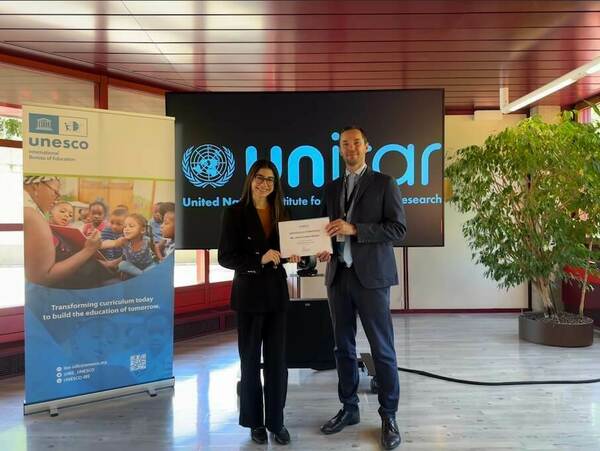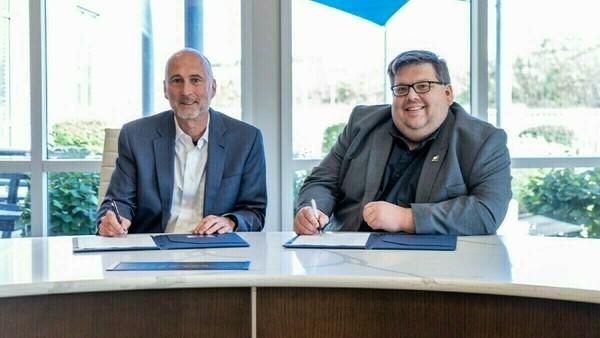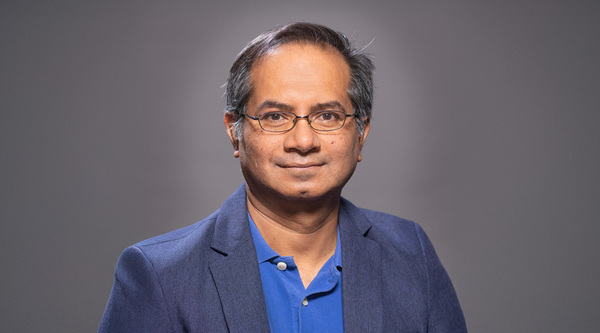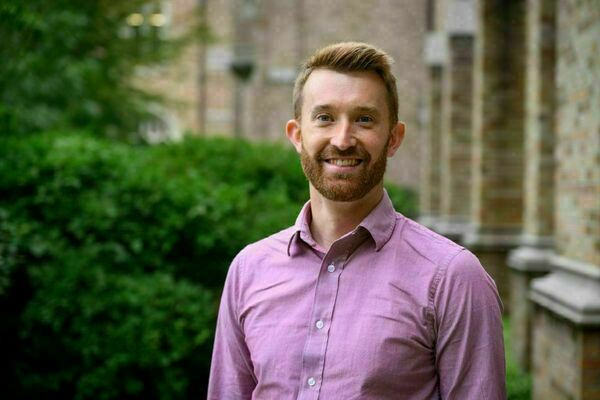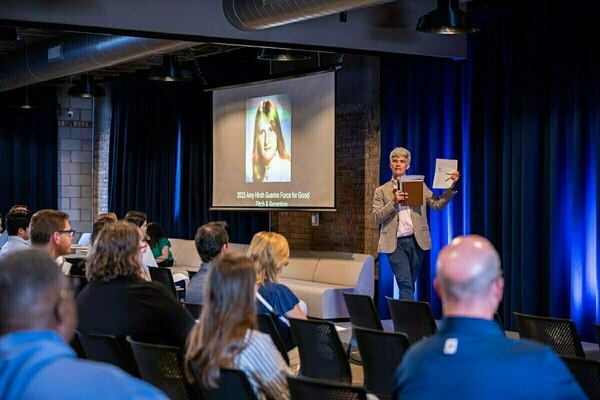Walking the Halls of Global Governance

What does diplomacy feel like up close? Not in theory, but in the rooms where global decisions are actually made. In May 2025, I had the chance to find out.
With the generous support of the Nanovic Institute for European Studies and the MSPS Program, I joined the UNITAR Geneva Immersion Programme, a week-long opportunity to step inside institutions I’d only ever studied from afar. From the United Nations Office at Geneva to the World Health Organization, the WTO, each day placed us face-to-face with the realities of multilateral diplomacy. I arrived with a framework built in classrooms. I left with a far more complex understanding—one shaped by conversations, contradictions, and the people working behind the scenes to keep diplomacy alive.
Each day was packed with lectures, workshops, and site visits. We met under the Broken Chair sculpture each morning before walking into a new institution. We attended workshops on UN career paths, leadership, and public speaking, led by former UN trainers and diplomats. We were encouraged to ask questions, challenge assumptions, and reflect on what it takes to lead and adapt within large multilateral systems.
"The value of the trip wasn’t just in what I learned—it was in how I learned it."
One moment that stayed with me was our visit to the World Trade Organization. We sat in a formal meeting room as a communications officer gave a detailed overview of the WTO. He spoke about the rising difficulty of reaching consensus in an increasingly fragmented global economy, the limits of the multilateral system, and the role Europe has historically played in holding it together. That conversation brought into focus the tension between institutional ideals and geopolitical reality. It made the economic theories I had studied feel more real—and more fragile.
Beyond the institutional visits, the program also emphasized diplomacy as a skill set. A negotiation workshop, led by a UNITAR expert, took us through the practical dimensions of multilateral diplomacy—how to prepare for negotiations, understand the interests of other parties, and build consensus in high-pressure settings. We worked through a simulation exercise that pushed us to think strategically, communicate clearly, and anticipate roadblocks. What struck me most was how much diplomacy depends not just on policy positions, but on interpersonal dynamics—reading the room, choosing when to speak, and knowing how to move a conversation forward when trust is thin.

The value of the trip wasn’t just in what I learned—it was in how I learned it. Being in the room, listening to people who have spent decades navigating these systems, and observing how different institutions respond to pressure gave me a more grounded view of global governance. It also clarified the areas I want to explore more deeply—especially around the intersection of multilateralism and sustainable economic development.
I’m truly grateful to the Nanovic Institute for European Studies and the MSPS Program for making this experience possible. Their support gave me the chance to engage directly with the institutions I had long studied from a distance—to walk their halls, hear from the people who shape them, and reflect critically on their role in today’s world. This experience didn’t just confirm my interest in global governance—it reshaped how I think about its limitations and how I might contribute to making it more effective and accountable.
If I could offer one piece of advice to future Nanovic-funded students, it would be this: let the experience challenge your frameworks. Go in with questions, not answers. Be curious and stay open—even when what you encounter doesn’t match what you expected. Not everything will be clear or easy to categorize, and that’s a good thing. The ambiguity is part of the learning. Take notes, ask difficult questions, and sit with the discomfort of not knowing exactly what to make of something right away.
You might leave with fewer certainties than you arrived with—but what you gain is far more valuable: a deeper, more honest understanding of how the world works, and where your own voice fits within it.
Leticia Cardoso Queiroz ’26 is a Notre Dame student with majors in business analytics and global affairs with minors in European studies and finance. During the winter break of the 2024-25 academic year, she traveled to Portugal to study the labor market integration of migrants. Queiroz also recieved funding from the Multicultural Student Programs and Services study abroad award.
Originally published by at nanovic.nd.edu on September 30, 2025.
Latest Research
- Notre Dame, Beacon Health System announce new, multiyear research collaborationThe University of Notre Dame and Beacon Health System have announced a new, multiyear research collaboration. Through this agreement, Notre Dame and Beacon will jointly develop collaborative, health-focused research projects that are of interest to both organizations, particularly in the areas of oncology and health data.
- Fighting to cure brain cancerTo better understand glioblastoma, an aggressive brain cancer, a Notre Dame researcher thought outside the box—and off planet Earth. Read the story
- ND electrical engineer Ranjan Singh named founding editor-in-chief of APL Engineering PhysicsRanjan Singh, professor of electrical engineering at the University of Notre Dame and pioneer in terahertz photonics, spintronics and metamaterials, has been named founding editor-in-chief of Applied Physics Letters (APL) Engineering Physics.
- Exceptional faculty recognized as Notre Dame’s 2025 All-Faculty TeamNotre Dame has a long history of outstanding student-athletes being named to All-America teams. The University also has a tradition of honoring exceptional faculty on the football field each fall. At every home game, the provost honors a distinguished member of the faculty. These seven scholar-teachers…
- Localizing global environmental challenges through Just Transformations to Sustainability InitiativeThis story is part of a series of features highlighting the managing directors of the University's strategic initiatives. The managing directors are key (senior) staff members who work directly with the faculty…
- Career planning platform Runwayz takes home the Amy Hirsh Guarino AwardOn Friday, September 19, members of the University of Notre Dame and South Bend communities gathered to celebrate the legacy of Amy Hirsh Guarino by recognizing a local venture that best embodies the ideals of the University and reflects Amy's values of hard work, helping others, innovation, and community service.



